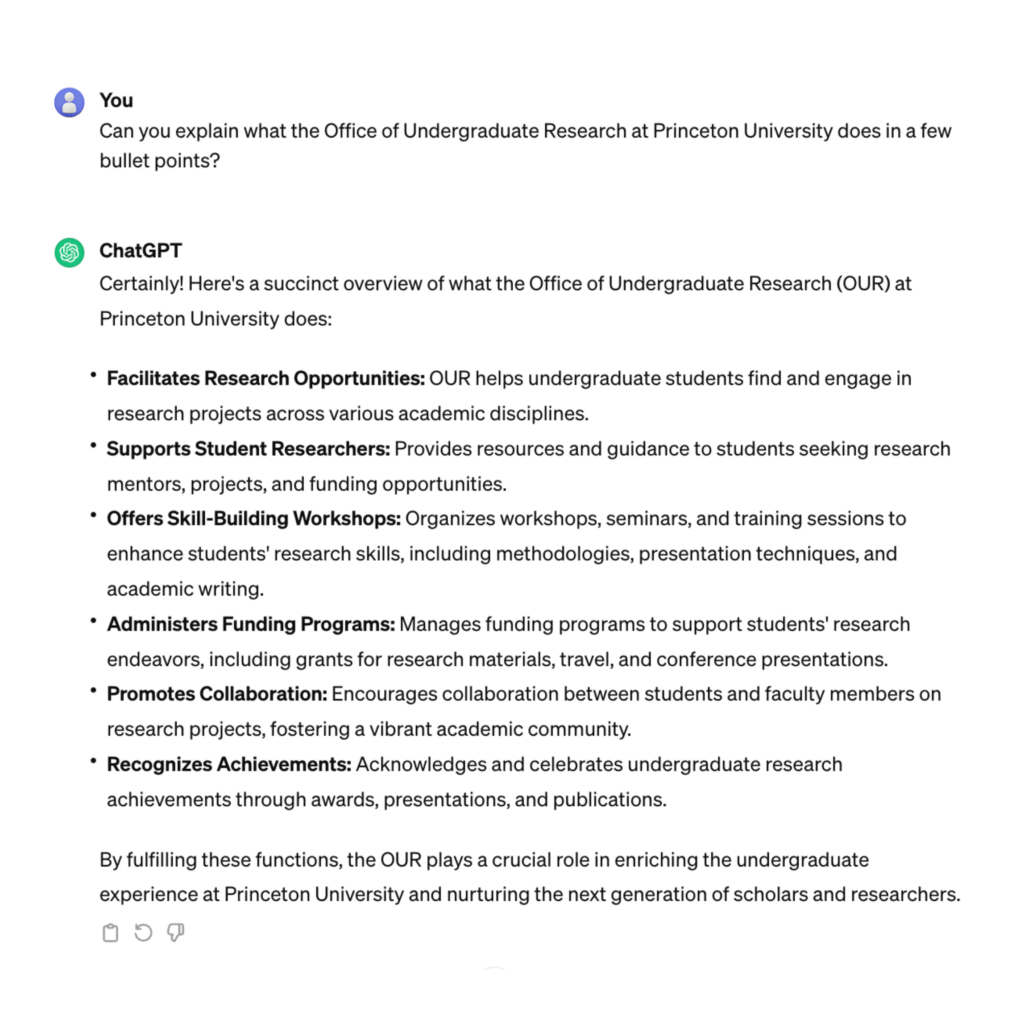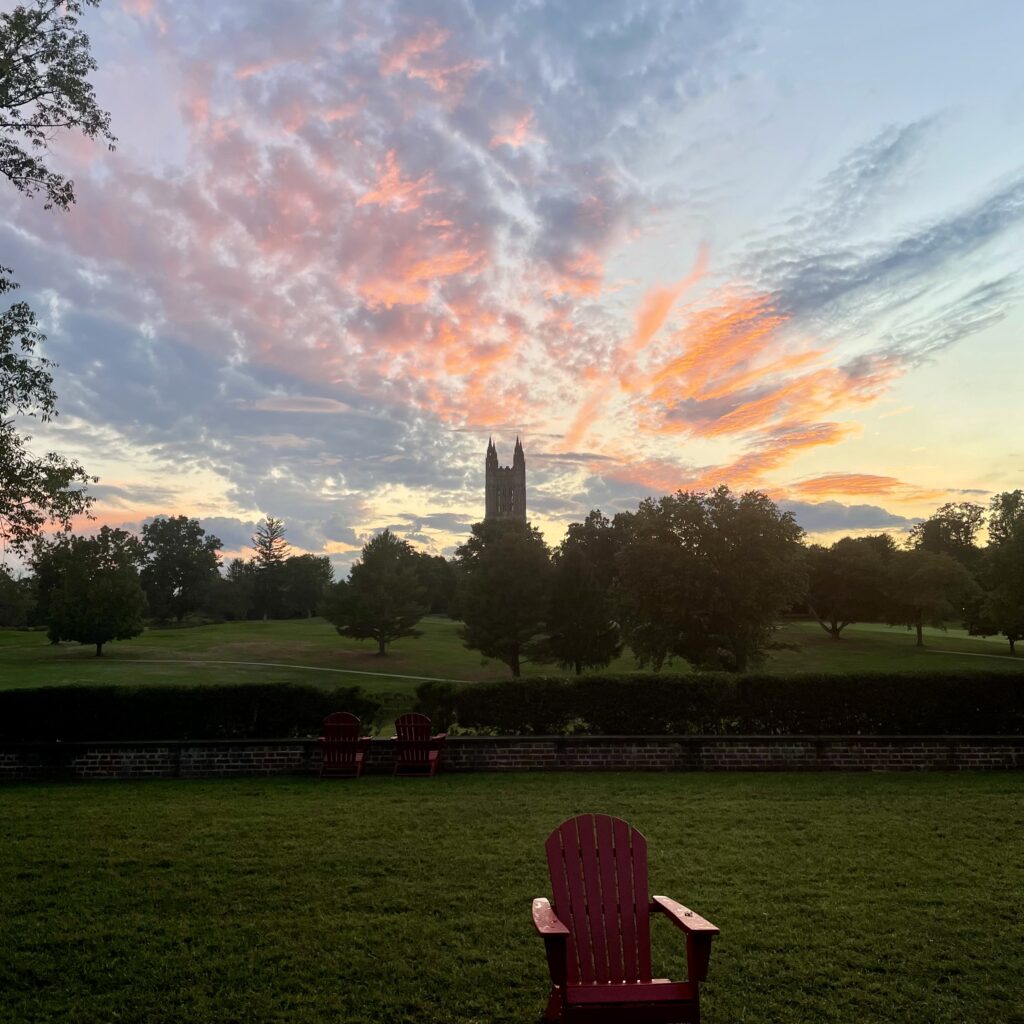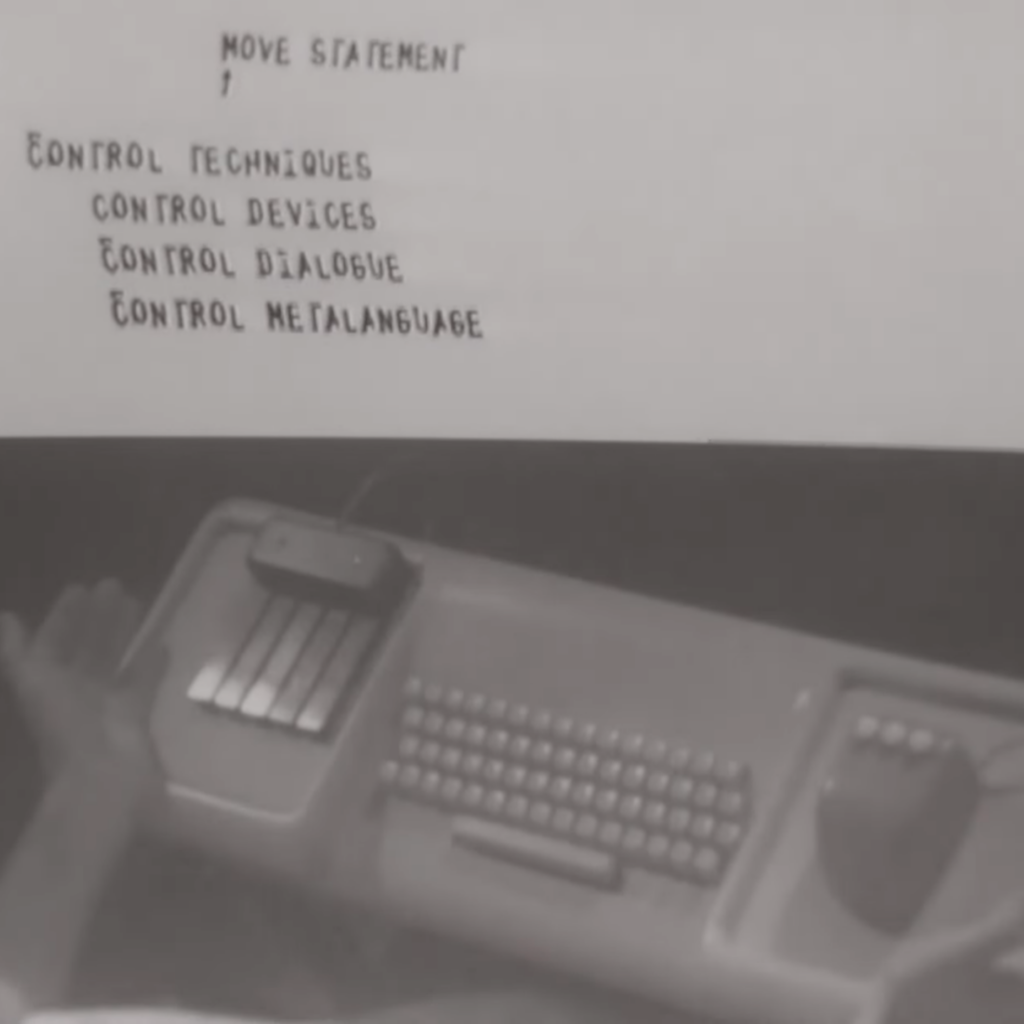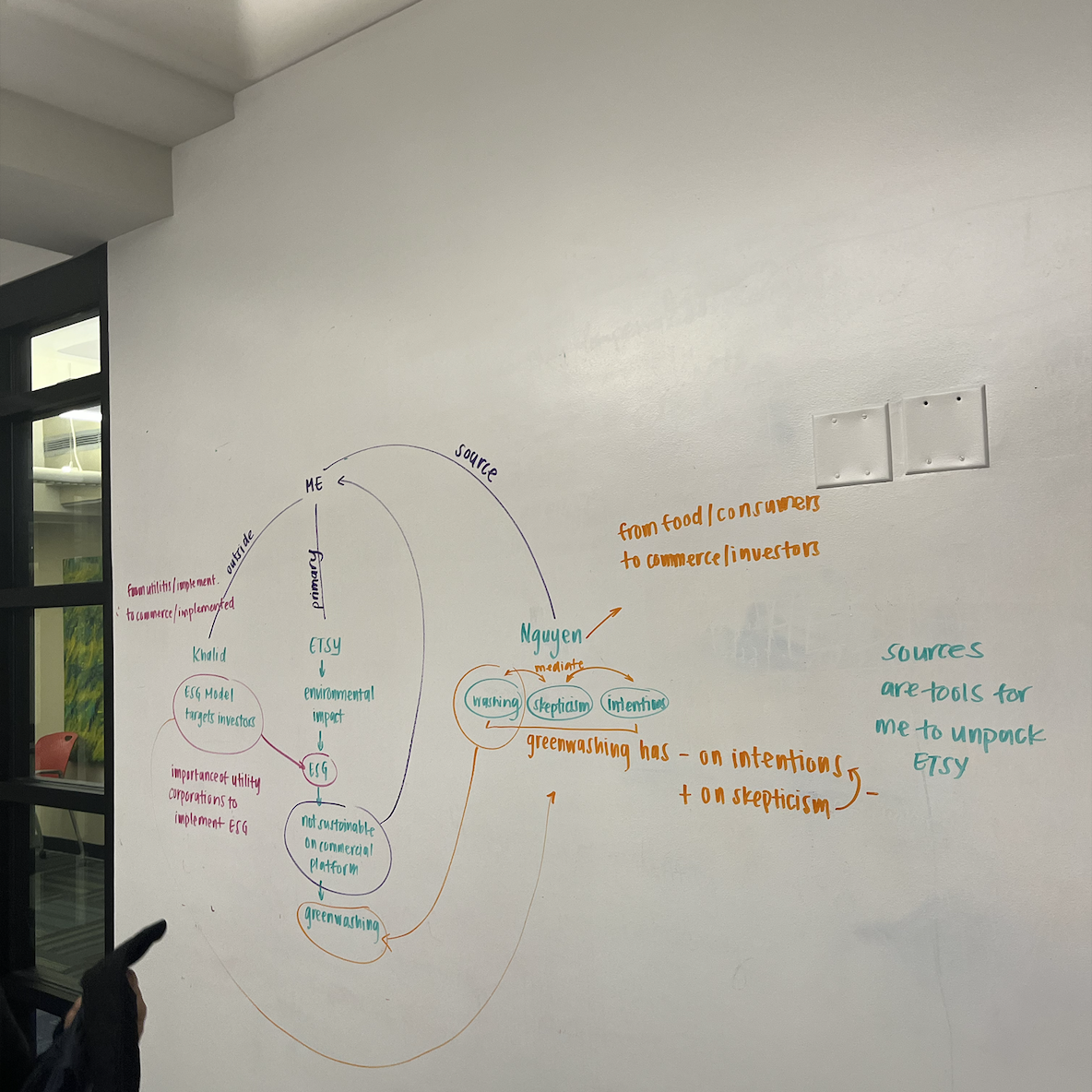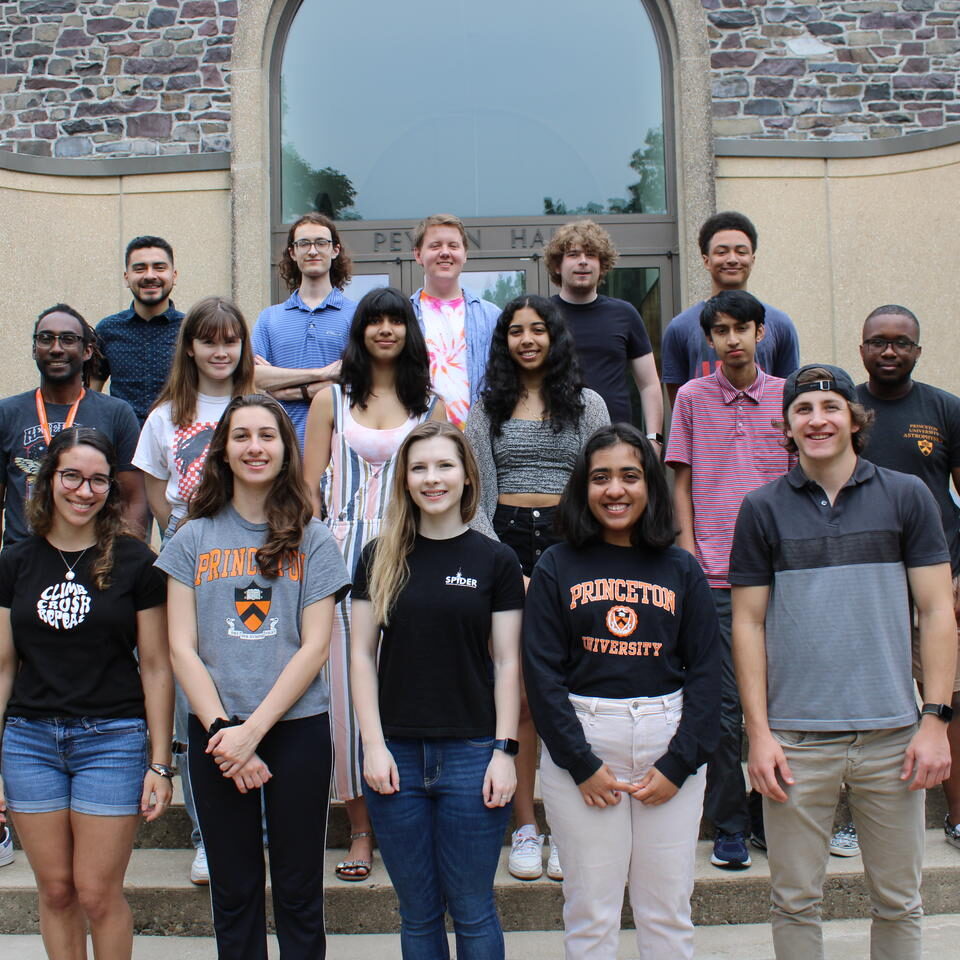Often when I mention the subject of reading for pleasure’s sake in conversations with other Princeton students, I hear the same story repeated with a twinge of sadness and a sense of resignation to the seemingly-inevitable. Most of us seem to have begun our respective childhoods as avid readers who could barely be seen apart from a book. We enjoyed all sorts of reading, and it was not a tiring task but an exciting opportunity. Over the course of many grueling years of schooling filled with assigned readings and the like, this voracious appetite for literature seems to have been largely snuffed out. If you, like me and many others, have drifted away from the pleasurable pastime of reading for fun and wish that you could regain a bit of that excitement which marked your early years, this article will give a few suggestions for how and why you might go about effecting this turnaround.
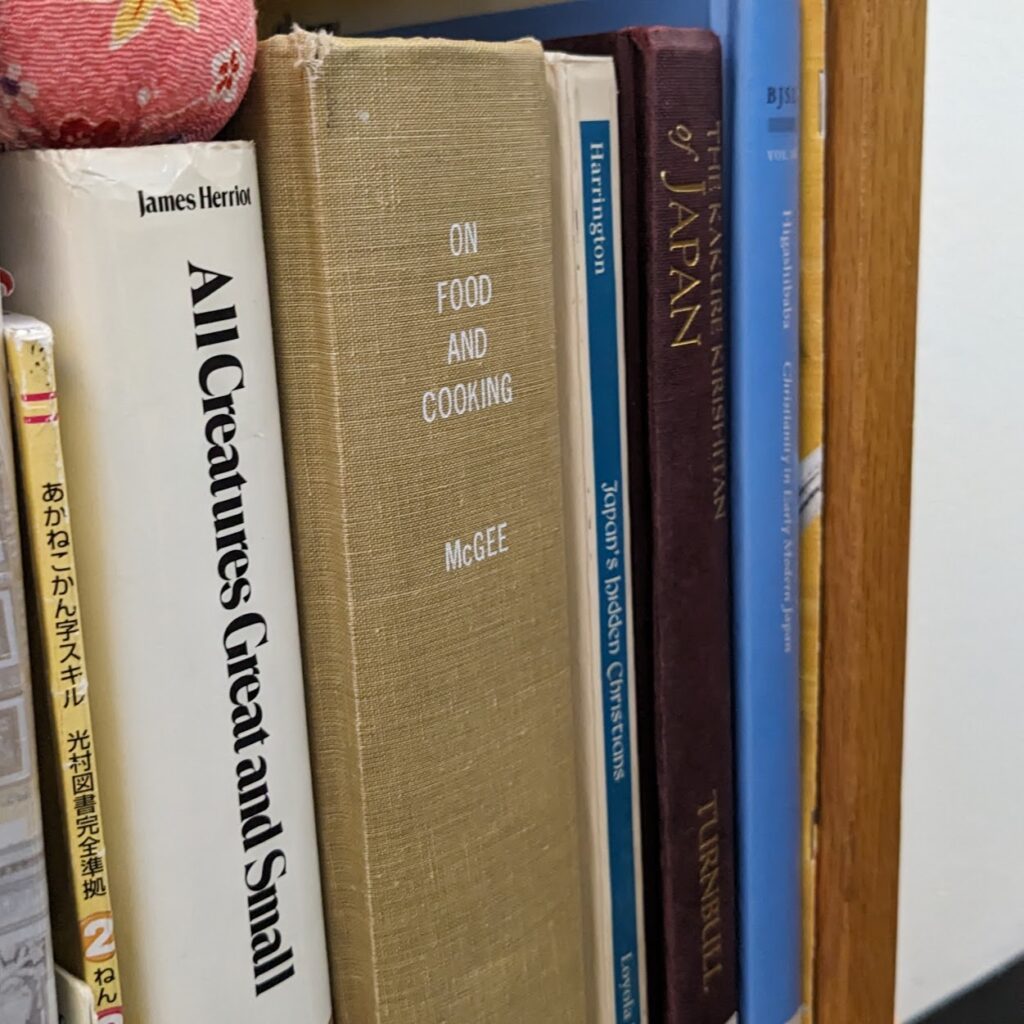
A few books on my shelf in my dorm— not for class.
Continue reading Reading for Fun: How and Why

